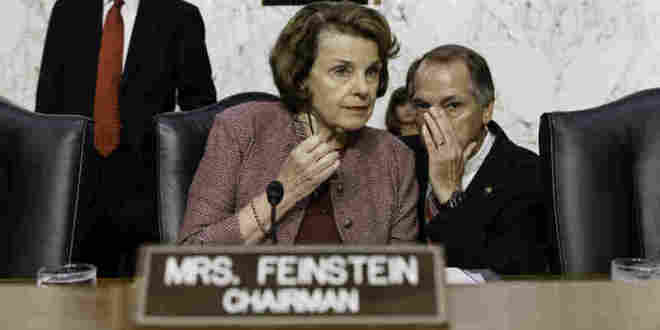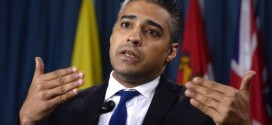A long-delayed US Senate report published on Tuesday revealed that the CIA’s interrogation of al-Qaeda suspects did not produce any useful intelligence and was a lot more brutal than initially acknowledged.
The CIA also misled Congress and the White House with inaccurate claims about the usefulness of the program in thwarting attacks, the Senate Intelligence Committee said.
When the 500-page declassified report summary was released, US President Barack Obama admitted that the CIA’s scheme was counterproductive and “contrary to our values”.
CIA director John Brennan defended the agency’s tactics under president George W. Bush in the aftermath of 9/11, insisting that despite the mistakes, the brutal techniques “did produce intelligence that helped thwart attack plans, capture terrorists and save lives”.
Committee chair Senator Dianne Feinstein said that at least 119 people were subjected to “coercive interrogation techniques, in some cases amounting to torture”.
The detainees were rounded up between the years 2001 and 2009, and were interrogated either at CIA-operated secret facilities in ally nations or at Guantanamo Bay.
According to Feinstein, the CIA’s actions could lead to people around the world using them “to justify evil actions or incite more violence”.
“We can’t prevent that. But history will judge us by our commitment to a just society governed by law, and the willingness to face an ugly truth and say ‘never again’”, Feinstein said.
Despite being heavily redacted, the report was highly critical of the CIA.
“The interrogations of CIA detainees were brutal and far worse than the CIA represented to policymakers and others”, it said.
The report, which has evidence from over six million document pages, concluded “the use of the CIA’s enhanced interrogation techniques was not an effective means of obtaining accurate information or gaining detainee cooperation”.
Seven of the 39 subjected to enhanced interrogation techniques “produced no intelligence while in CIA custody,” while others “provided significant accurate intelligence prior to, or without having been subjected to these techniques”.
The report also noted that in several cases, “there was no relationship” between the information obtained by using enhanced interrogation techniques and cited counterterrorism successes”.
“In the remaining cases, the CIA inaccurately claimed that specific, otherwise unavailable information was acquired from a CIA detainee ‘as a result’ of the CIA’s enhanced interrogation techniques”, the report said.
“We’ve declassified as much of that report as we can. The president believes that on principle it’s important to release that report so that people around the world and people here at home understand exactly what transpired”, White House spokesman Josh Earnest said.
Former vice president Dick Cheney, who served under George W. Bush, defended the CIA’s program, telling The New York Times that it was “absolutely, totally justified.”
“When we had that program in place, we kept the country safe from any more mass casualty attacks, which was our objective”, he said.
Human Rights Watch national security counsel Laura Pitter hailed the secret program has come to light.
“We hope the release of the summary will be the beginning, not the end, of investigations into U.S. torture to ensure it never happens again”, Pitter said.

 العربي الديمقراطي The Latest From The Arab World
العربي الديمقراطي The Latest From The Arab World




